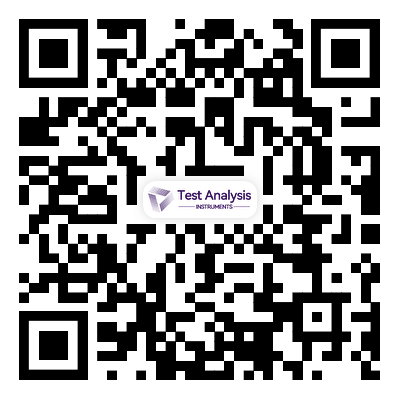What are test instruments in education?
2023-11-27
In education, test instruments refer to various tools, methods, or devices used to measure, assess, evaluate, or collect data about students' knowledge, skills, abilities, attitudes, or behaviors. These instruments help educators and researchers gather information about students' learning progress, academic performance, and understanding of subject matter. Test instruments can take various forms and serve different purposes in educational settings. Some common test instruments in education include:
1. Standardized Tests: These are formal assessments that are administered and scored in a consistent and standardized manner. Examples include state-mandated assessments, college entrance exams (e.g., SAT, ACT), and standardized achievement tests (e.g., MAP, PARCC).
2. Teacher-Made Tests: Educators create their own assessments, such as quizzes, unit tests, midterm exams, and final exams, to evaluate students' understanding of specific course material.
3. Rubrics: These are scoring tools used to assess student performance or work based on predefined criteria. Rubrics provide clear guidelines for grading assignments, projects, presentations, or performances.
4. Observation Instruments: These tools involve systematic observation of students' behavior, interactions, or participation in classroom activities. They may include checklists, rating scales, or structured observation protocols.
5. Surveys and Questionnaires: These instruments collect information about students' attitudes, opinions, interests, or experiences. They can be used to gather data on various aspects, such as student engagement, motivation, or learning preferences.
6. Performance-Based Assessments: These assessments require students to demonstrate their skills or apply their knowledge in real-life or authentic contexts. Examples include portfolios, presentations, exhibitions, or simulations.
7. Diagnostic Tests: Used to identify students' strengths, weaknesses, or gaps in understanding specific concepts or skills. Diagnostic tests help tailor instruction to meet individual student needs.
8. Formative Assessment Tools: These instruments provide ongoing feedback during the learning process to monitor student progress and inform instructional decisions. Examples include exit tickets, quizzes, or peer assessments.
9. Technology-Based Assessment Tools: Various digital tools and software are used for assessment purposes, such as online quizzes, learning management systems, educational apps, or simulation software.
Each test instrument serves a distinct purpose and provides valuable information to educators, administrators, and policymakers to improve teaching practices, curriculum development, and student learning outcomes in educational settings.


